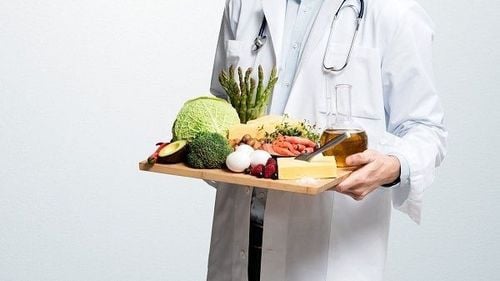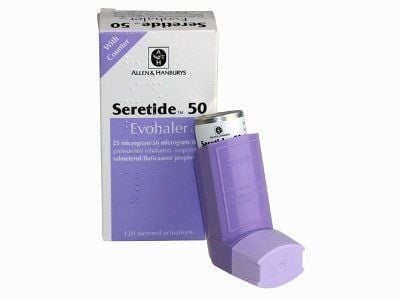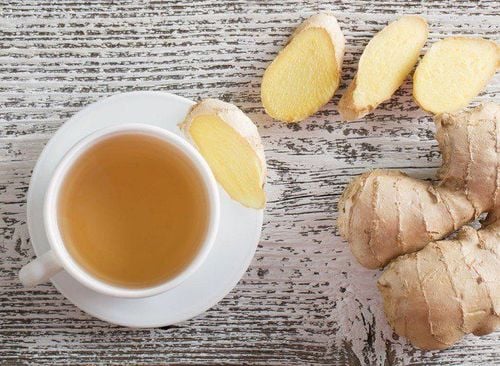Quitting smoking is an important first step in protecting your health and the health of those around you. However, you may be wondering how to cleanse your lungs?
Although there is no quick remedy to make your lungs as healthy as they were before you started smoking, there are several things you can do to help your lungs recover after quitting. Let's look at some ways to cleanse your lungs in the content below.
1. Can I Cleanse My Lungs After Quitting Smoking?
After quitting smoking, you may want to cleanse your lungs to remove accumulated toxins. Fortunately, the lungs have the ability to cleanse themselves. The lungs will begin the self-cleaning process as soon as you stop smoking.
The lungs are an organ system that can heal over time (in some cases). After quitting smoking, your lungs will slowly begin to heal and regenerate. The healing speed of your lungs depends on how long you have smoked and the level of damage caused by smoke.
Smoking can cause two types of permanent damage to your lungs. These are:
- Emphysema: In this condition, the small air sacs in the lungs (called alveoli) are destroyed, reducing the surface area of the lungs. As a result, the lungs cannot exchange the amount of oxygen the body needs.
- Chronic bronchitis: In this condition, the smaller airways leading to the alveoli become inflamed, blocking the flow of oxygen to the alveoli.
These conditions are collectively known as Chronic Obstructive Pulmonary Disease (COPD).
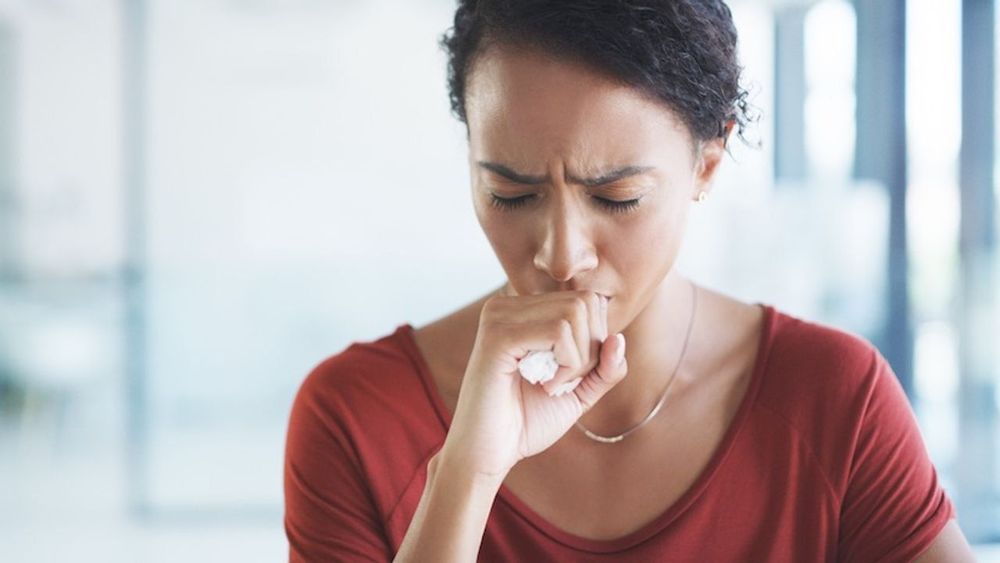
2. What Are Some Natural Ways to cleanse Your Lungs?
Although there is no way to reverse lung scarring or damage caused by years of smoking, you can take some measures to prevent further lung damage and help improve lung health. These include:
2.1 Coughing
If you're wondering how to cleanse your lungs, you can practice active coughing. According to Dr. Keith Mortman (head of the thoracic surgery department at the George Washington University Medical Faculty in Washington, DC), smokers tend to accumulate a lot of mucus in their lungs. This buildup can persist after quitting smoking. Coughing helps the body expel excess mucus, unblock smaller airways, and open them up to allow oxygen to enter.
2.2 Exercise
Experts also emphasize the importance of physical activity. Staying active is one of the best ways to maintain and improve lung function. Simply walking every day helps keep the air sacs in your lungs open. If these air sacs remain open, they can exchange oxygen and deliver oxygen to areas of your body that need it.
2.3 Avoid Pollutants
Avoiding smoke, dust, mold, and chemicals can help improve lung function. Animal studies have shown that exposure to clean air reduces mucus production in the lungs. Mucus can block smaller airways, making it harder for the lungs to absorb oxygen.
Before going out to exercise or play, check the air quality where you live. If the air quality is poor, it is better to spend more time indoors instead of going outside.
2.4 Drink Warm Water
According to the American Lung Association, staying hydrated is very important for lung health. Drinking around 2 liters of water per day (about 8 cups) can thin out the mucus in your lungs, making it easier for you to expel the mucus when you cough.
Drinking warm liquids such as tea, vegetable broth, or warm water will help thin the mucus and make it easier to cleanse your lungs.
2.5 Drink Green Tea
Research has shown that green tea has anti-inflammatory properties and can help prevent some lung diseases. In a 2018 study, people who drank green tea at least twice a day had a lower risk of chronic obstructive pulmonary disease.
2.6 Use Steam Therapy
Try steam therapy, which involves inhaling steam to thin the mucus and reduce inflammation in the airways. A 2018 study of a small group of patients with COPD showed that using a steam mask significantly improved their breathing rate. It is important to note that while it temporarily relieves symptoms, these patients did not notice any long-term changes in their lung health after stopping the steam therapy.
2.7 Eat Anti-Inflammatory Foods
The lungs of smokers can become inflamed, leading to difficulty breathing. While there is no scientific evidence yet showing that maintaining a diet rich in anti-inflammatory foods can prevent lung inflammation, some studies suggest that it can reduce inflammation in the body.
In other words, eating anti-inflammatory foods is good for the body. These foods include: blueberries, cherries, kale, spinach, olives, almonds, etc.
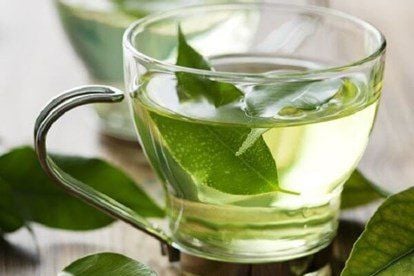
3. What Happens to Your Lungs When You Smoke?
First, let’s discuss how the lungs work. When you inhale, air travels into the trachea, which splits into two airways (called bronchi), each leading to one of your lungs. The bronchi then split into smaller airways (called bronchioles) – the smallest airways in your lungs. At the end of each bronchiole are small air sacs called alveoli.
When you smoke, you inhale around 600 different compounds. These compounds can break down into thousands of chemicals, many of which are carcinogenic.
Tobacco smoke affects every organ in your body. Specifically:
- Heart: Tobacco smoke narrows blood vessels, making it harder for blood to circulate oxygen to other parts of the body and causing the heart to work harder.
- Brain: Nicotine withdrawal can make you feel tired and unable to concentrate.
- Respiratory system: Tobacco smoke can cause inflammation or blockage in the lungs, making it hard to breathe.
- Reproductive system: Over time, smoking can lead to infertility and a reduced sex drive.
In the long run, smokers are more likely to develop chronic diseases such as heart disease, diabetes, high blood pressure, COPD, certain cancers, and others. These conditions and other smoking-related diseases can significantly affect life expectancy and quality of life.
Quitting smoking is one of the most important and beneficial decisions for your health. When you smoke your last cigarette, your lungs will begin the self-cleaning process. Pay attention to the ways to cleanse your lungs mentioned above to enhance your lung health.
Please dial HOTLINE for more information or register for an appointment HERE. Download MyVinmec app to make appointments faster and to manage your bookings easily.
Source: healthline




